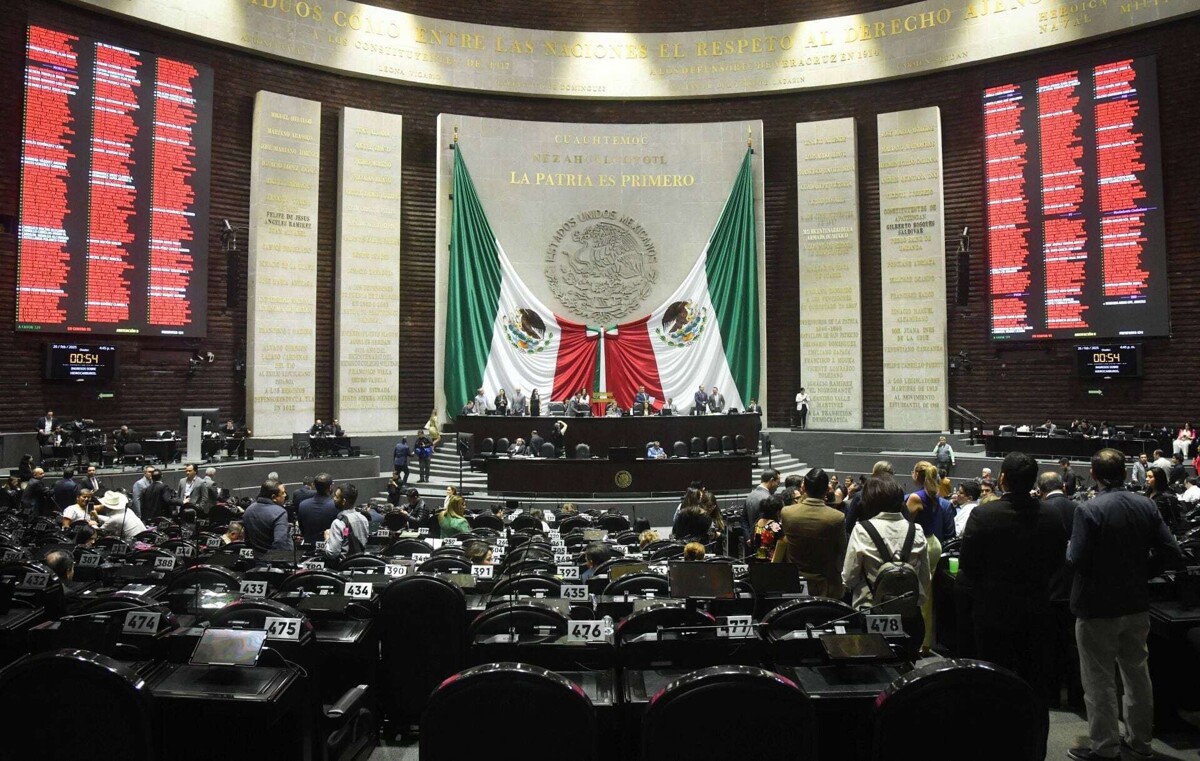
Since September, Mexico has reformed its constitution 14 times, changing 70 articles of the country's magna carta. In most democracies, amending a constitution is a complicated process that usually requires broad political consensus, months of tough negotiations, and careful legal drafting. However, Mexico is undergoing a waterfall of amendments thanks to the supermajority of the Morena party and its allies after last year's elections.
In an attempt to establish checks against nepotism in the Constitution, a project met resistance within the ruling coalition, showing that the new president, although respected and popular, does not have the influence of AMLO. Business leaders and diplomats have praised her performance, especially in her relationship with Trump.
When asked about the factors that may hinder growth in the coming months, 53% of economists mentioned governance, which includes insecurity, internal political uncertainty, deficiencies in the rule of law, impunity, and corruption. Some reforms seem driven by political whims that introduce long-term risks, such as the proposal to constitutionally ban vaping.
Mexico's first woman president, Claudia Sheinbaum, is at an interesting moment, facing political and economic challenges. The reorganization of the judicial system and the dismissal of career judges raise concerns about judicial independence. Mexico is set to grow only 0.6% this year and 1.8% in 2026, struggling against a recession and dismantling an independent judicial system.
The ruling party is embarking on broad reforms ranging from the judicial system to the prohibition of animal cruelty, but in the long run, it risks failing to satisfy anyone. Although there have been vigorous attempts to address violence and drug trafficking, contradictions in the government's strategy are perceived. Legal uncertainty and governance issues pose significant obstacles for Mexico on its path to development.













